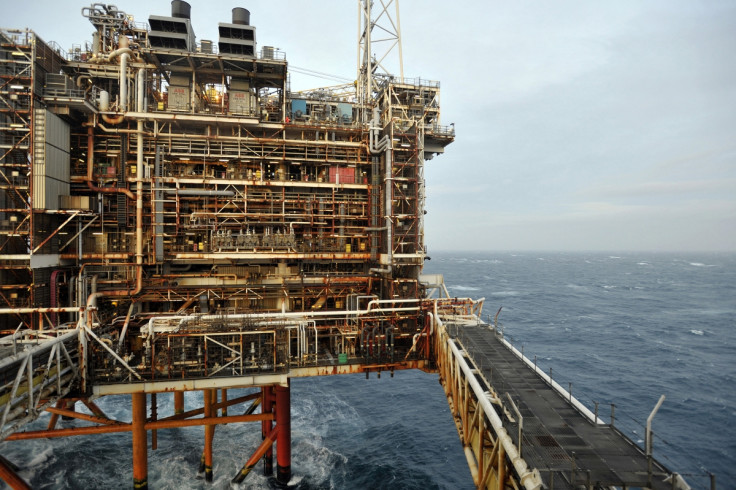OBR: Tumbling Oil, Gas and Transport Tax Receipts Mean UK Government Needs Extra Cash

Britain's government will have to find extra cash to fund itself in the future because tax revenues will fall much more quickly than thought, off the back of declining oil and gas production and increasingly fuel efficient transport.
The Office for Budget Responsibility (OBR), the UK's independent watchdog for government finances, gave the warning in its annual Fiscal Sustainability Report.
Lower tax receipts will put extra pressure on UK public finances, particularly given the fiscal challenges of an ageing society and rising population.
"We have updated our assessments of the outlook for oil and gas receipts and transport tax receipts," said the OBR.
"In both cases we expect revenues to decline over the long term – and to be lower on average over the next few decades than when we last examined them.
"This suggests that governments will need to find additional revenue streams simply to maintain total revenues as a share of GDP, let alone to meet the additional spending pressures implied by an ageing population."
It added: "Long-term projections such as these are highly uncertain and the results we present here should be seen as illustrative, not precise forecasts."
The OBR also said its long-term forecasts should not be taken to mean that the current austerity programme of public spending cuts by the UK government, which has seen billions trimmed from budgets such as welfare, should be extended before it is due to end in 2018/19.
According to the OBR's projections, state pension costs will jump from 5.5% of GDP in 2018/19 to 7.9% in 2063/64 as the population ages. Long-term social care costs will rise from 1.2% of GDP to 2.3% over the same period.
But revenues from oil and gas production in the North Sea will produce just £40bn for the Treasury between 2019/20 and 2040/41, said the OBR, a quarter lower than predicted in 2013's Fiscal Sustainability Report.
The OBR was cautious about its own projections.
"It is important to note that oil and gas receipts are the most volatile revenue streams in the UK public finances and forecasting them over even short horizons is extremely difficult," said the body.
"The same factors that make North Sea receipts volatile on a year-to-year basis make it very hard to predict the pace of the long-term trend decline with any confidence."
As for greater fuel efficiency, the OBR said it "reduces fuel duty receipts by reducing the volume of fuel consumed for a given number of miles travelled and reduces fuel duty and vehicle excise duty receipts because most rates paid are graduated according to fuel efficiency".
"Both are forecast to fall as a share of GDP in our latest medium-term forecast and our long-term projections show that trend continuing."
© Copyright IBTimes 2024. All rights reserved.






